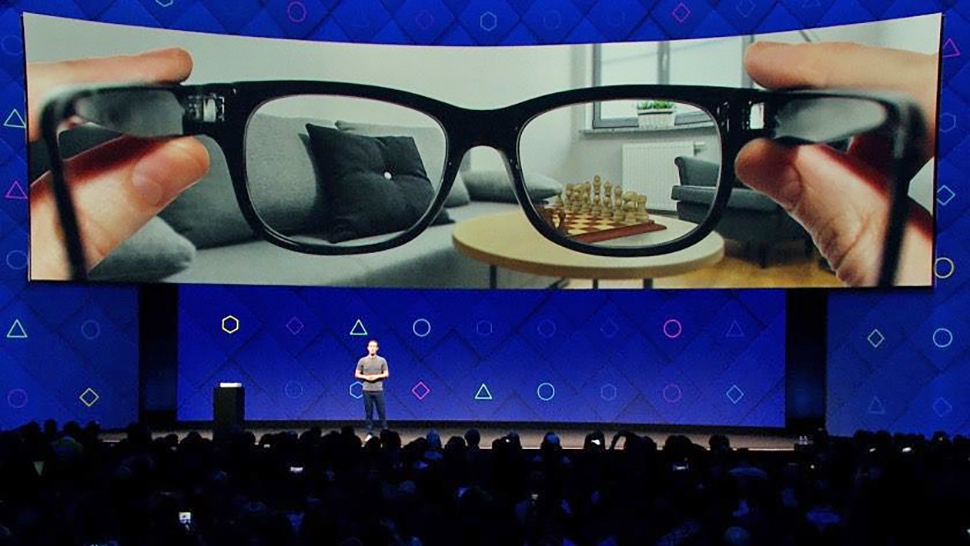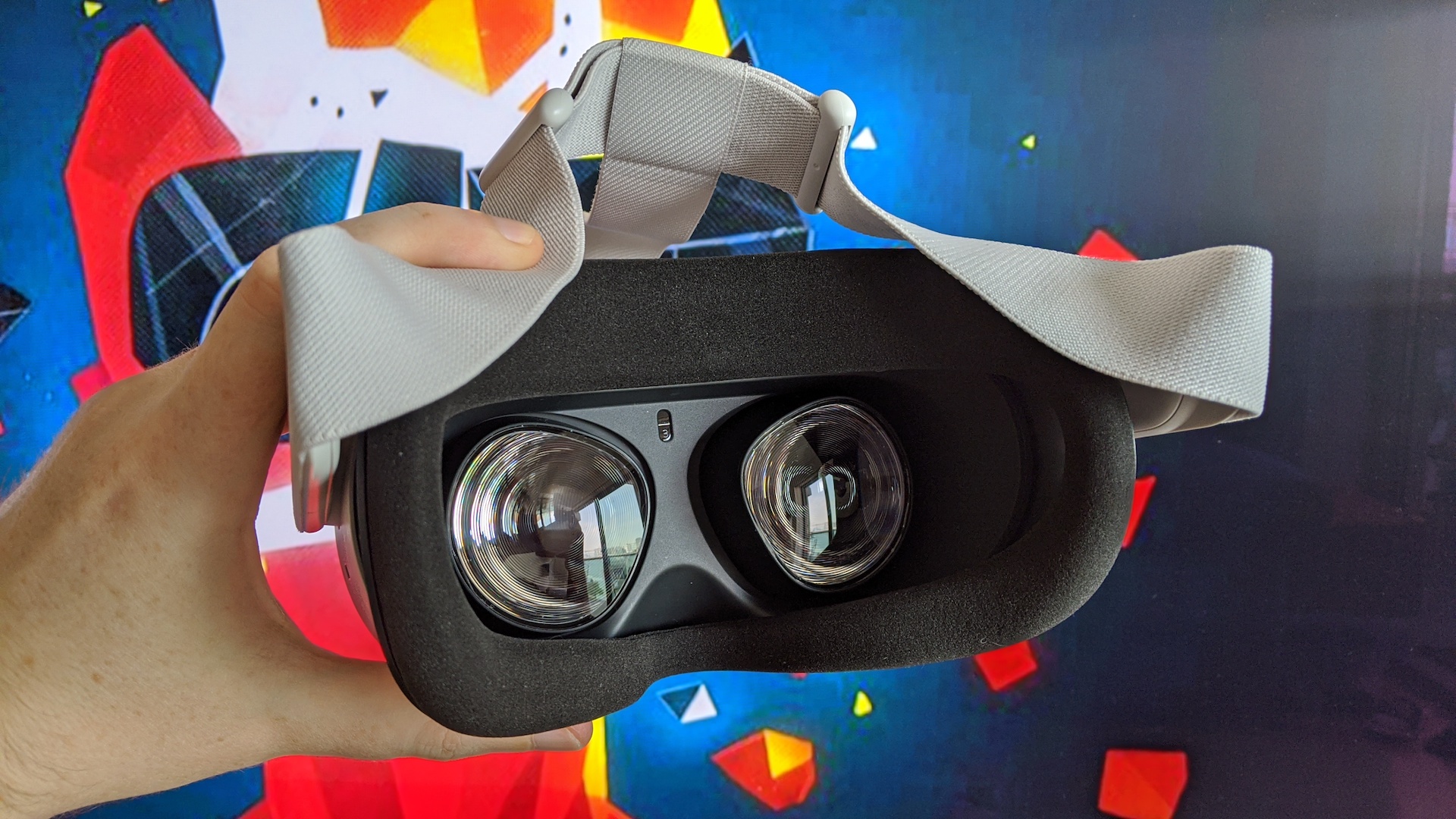Ray-Ban 'smart glasses' will be Facebook's next hardware product, says Zuckerberg
The smart glasses will retain the iconic Ray-Ban sunglasses look, but initially lack a display

While Facebook’s VR efforts under the Oculus brand are well-known, that isn’t the only head-worn tech in the company’s pipeline. The social media giant is also investing heavily in AR and smart glasses. In this week’s quarterly earnings call, CEO Mark Zuckerberg revealed that its first smart glasses will be Facebook’s next hardware release.
“Looking ahead here, the next product release will be the launch of our first smart glasses from Ray-Ban in partnership with EssilorLuxottica,” Zuckerberg said in the call. “The glasses have their iconic form factor, and they let you do some pretty neat things.”
Zuckerberg didn’t specify what those 'neat things' are. But this first pair won’t be the full augmented-reality (AR) glasses that Facebook is also developing. The firm has previously said these first glasses won’t have a built-in display, with functionality closer to Snapchat Spectacles than Microsoft HoloLens or the discontinued Magic Leap One.
In January, Facebook Hardware Chief Andrew Bosworth clarified that the company wasn’t even calling them an AR product, instead preferring the term “smart glasses.” Zuckerberg said his company views these first glasses as a consumer stepping stone towards its “Project Aria” glasses that can overlay 3D digital objects into the world around you.
Facebook didn’t provide an update on the product’s specific release window.
In late 2020, former VR chief Hugo Barra had said that these first smart glasses would arrive in 2021. In January, Facebook reaffirmed that the product was still on track for this year.

Analysis: VR and AR still looming large
Virtual and augmented reality products have been slow to catch on with consumers en masse, but Silicon Valley is still bullish on the tech’s potential.
Get daily insight, inspiration and deals in your inbox
Sign up for breaking news, reviews, opinion, top tech deals, and more.
Facebook has previously said that it ultimately envisions a pair of “magic glasses” as the holy grail of its AR research efforts. These future specs would appear like regular eyeglasses but create the illusion of digital objects and characters overlaid inside the real world.
Apple is reportedly developing a product that fits that billing, along with a bulkier mixed-reality headset that could launch first. Microsoft also continues to advance its HoloLens initiative, and earlier this year, leaked concept videos showed Samsung’s AR plans.
Facebook bought Oculus in 2014 for $2.3 billion (£1.6b, AUD$3.12b). Although the startup’s founders have long since left the company, Facebook hasn’t let its foot off the gas, continuing to push the tech forward.
This week, Zuckerberg said he sees the virtual “metaverse” – a term for a virtual social world viewed through VR and AR products – as the future of Facebook. “In the coming years, I expect people will transition from seeing us primarily as a social media company to seeing us as a metaverse company,” he told Bloomberg. “In many ways the metaverse is the ultimate expression of social technology.”
In March, Facebook said its latest model, the Oculus Quest 2, had already outsold every Oculus headset combined.
- Press continue: 3 things we’ve learned about Facebook’s AR glasses

Will Shanklin began writing for online-tech publications more than a decade ago. He has worked for media outlets including Digital Trends, AppleInsider, Android Central, Geek, and HuffPost. He also spent five years building and running a Mobile Tech section at New Atlas (formerly Gizmag). A recent Denver transplant, Will enjoys the area’s nature, live music, and other fun activities.